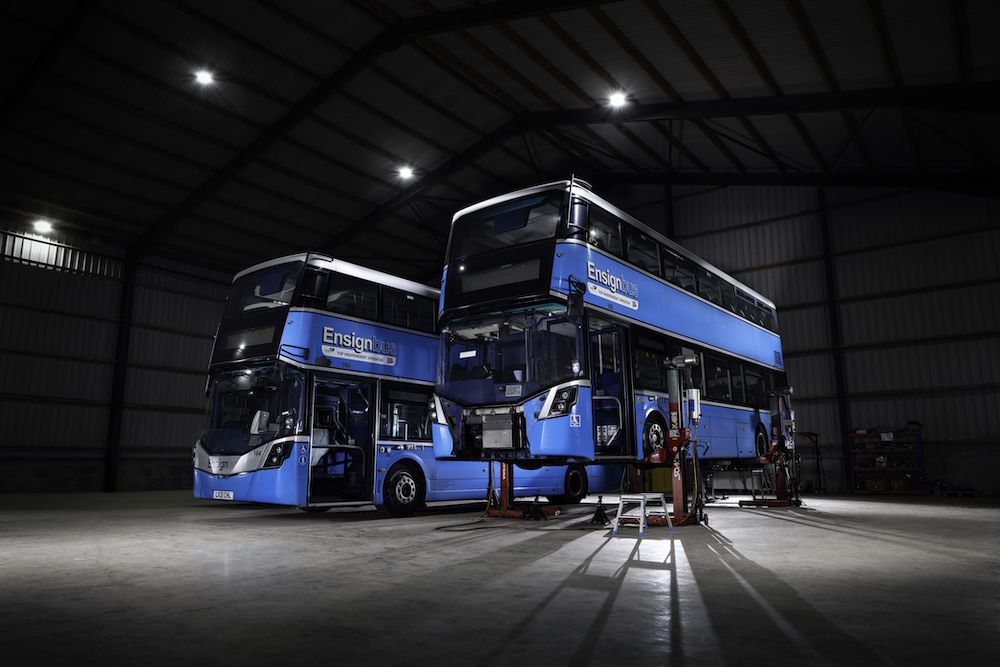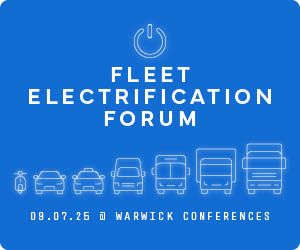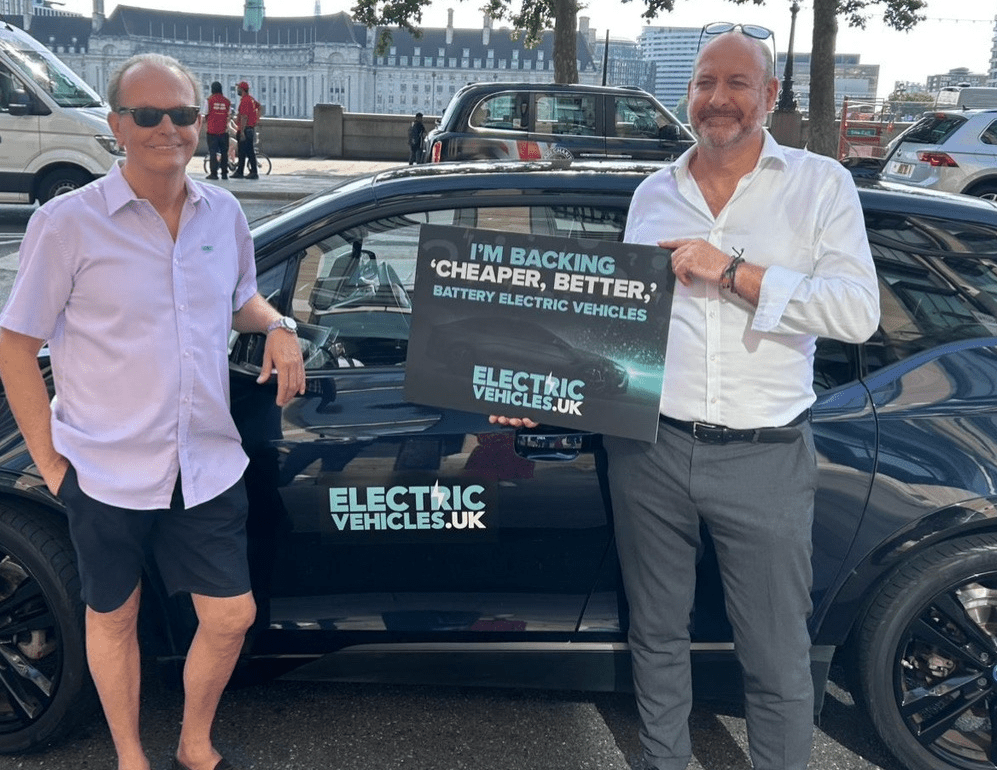New ways of disseminating the work of the Association of Fleet Professionals’ (AFP) seven committees are to be adopted to create more useful output to members and potentially reach a wider influence.
Alongside the spreading of information, the association has also announced there will be some changes to the AFP’s committee structures. It said the Electric Vehicle, Low Carbon and Alternative Fuels committee will now be called Decarbonisation, and its Light Commercial Vehicles will become simply Commercial Vehicles. The latter move has been made as fleet operators want to discuss topics affecting commercial vehicles above 3.5 tonnes, it said.
A core group of fleet managers will sit permanently on each committee and, except for Mega Fleets, other AFP fleet operator members are free to take part as they wish.
Paul Hollick, chair at the AFP, explained that the Shared Charging committee was a good example of what can be achieved in terms of AFP projects.
He said that the committee was launched at the start of the year, and “within a few months” it was looking to launch a platform that allowed fleets with excess charging capacity to offer it online to fleets that need access to chargers.
He said: “There is a feeling across the committees that we need to find ways of turning those useful dialogues into documents and actions that can be used by members as part of their fleet strategies and have a wider impact on vehicle operator thinking, right up to government level.
“What we are planning, over time, is to adopt a range of methods that will allow more dissemination of their work. That means increasingly frequent creation of white papers, short guides, and policy statements, as well as a range of objective-based projects that provide new options and guidance for fleets.”
“We believe this will create a more fluid approach that will encourage more inclusive discussions across the committees and allow more fleet managers to make their voices heard within the AFP.”
Although Hollick admitted that “not all committees have such a direct remit as shared charging”, and it “wouldn’t be appropriate for them to all work in the same way”, he added that “there’s certainly further scope to create a greater connect between the expertise of the committees and it impact on a wider audience, we believe.”
Image of Paul Hollick courtesy of AFP














